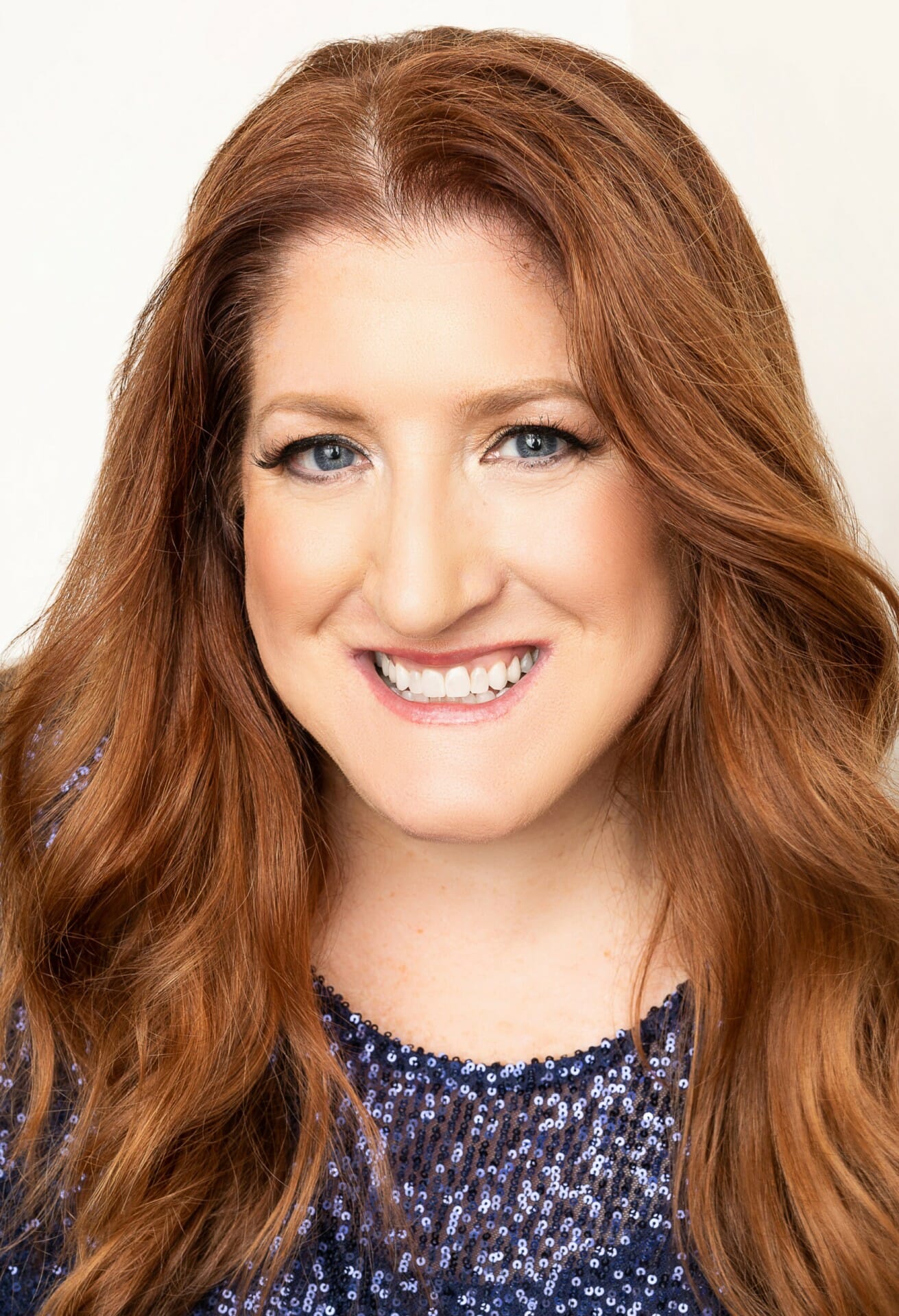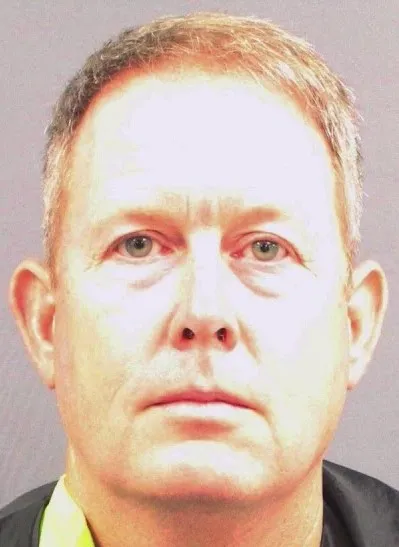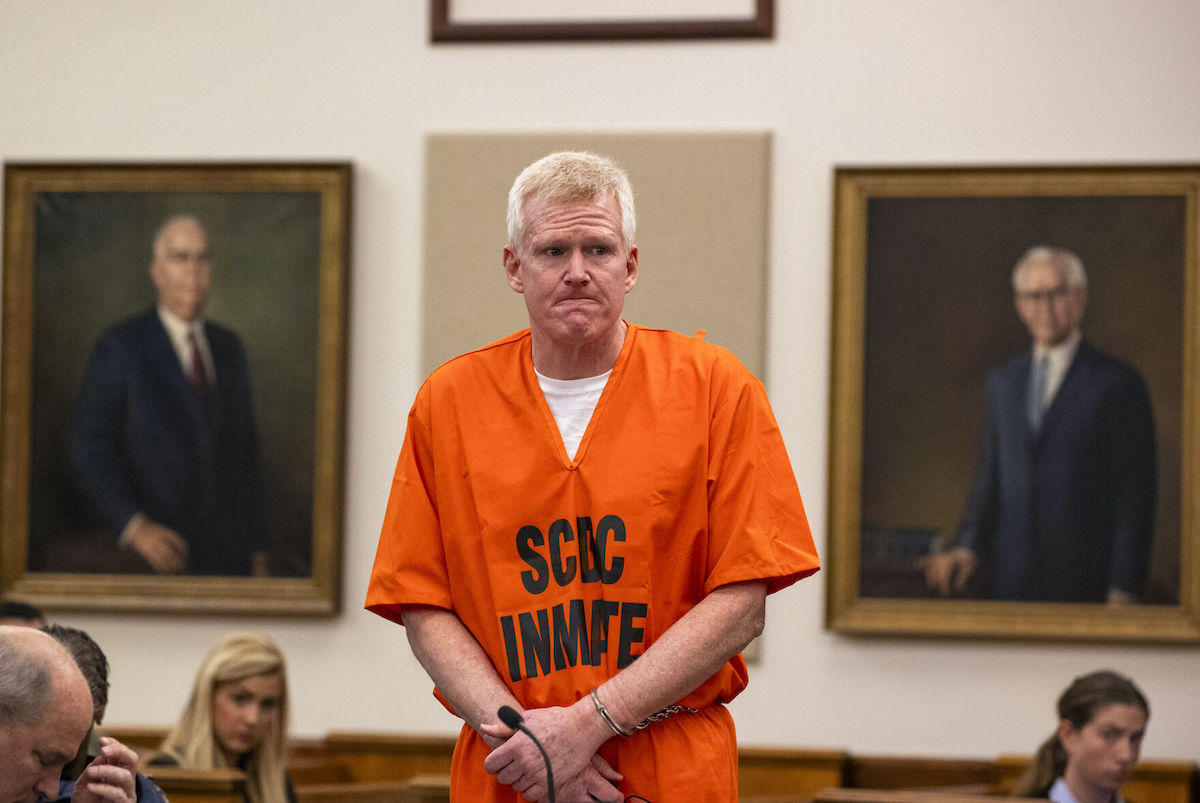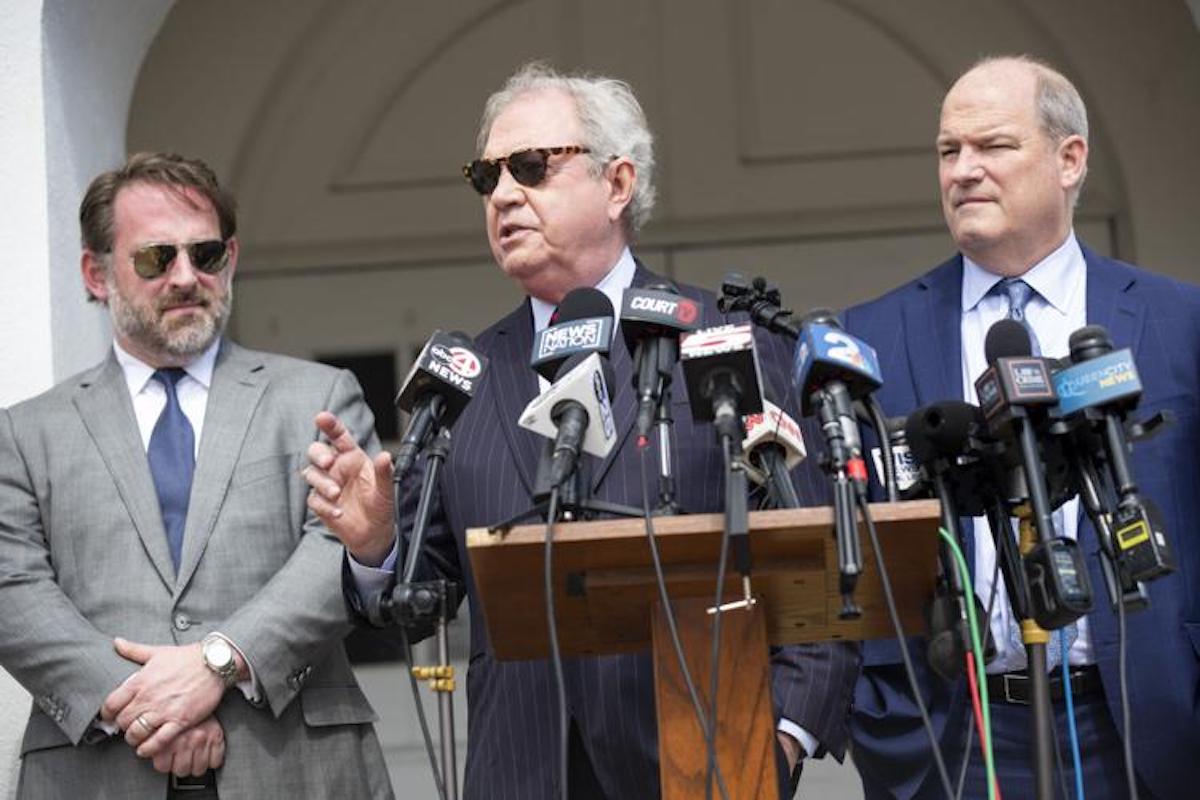By Liz Farrell
WALTERBORO
About five years ago, I covered a murder trial in Ridgeland.
A young mother of three was strangled to death by her boyfriend.
When law enforcement arrived, they found her two sons huddled behind a dirty mattress propped against a wall. Her infant daughter was crying out for her.
The boyfriend admitted to getting violent with the woman but denied killing her.
To show the jury just how brutal and inhumane her death was — how indisputably intentional it was — prosecutor Hunter Swanson from the 14th Circuit Solicitor’s Office counted out 30 long and painful seconds on the clock, a fraction of the time this man had held his hands around the woman’s neck before she died.
At any moment he could have stopped, Swanson said. But he chose not to.
The woman’s sister and friends sat shoulder to shoulder and became so distraught and angry at one point that the judge had to warn them to stay calm.
After finding the boyfriend guilty, the jury remained in the courtroom to hear his sentencing. One juror sat with her arm around another who wept.
When the foreman talked to me afterward, he too became emotional.
I cried for most of the drive home.
Grief caused by another’s evil act becomes breathable in a courtroom.
It is dark and demoralizing to hear how a man can take a mother’s life.
It is almost impossible not to become affected by the raw pain of those seeking an explanation to the unexplainable.
These stories can be difficult to cover and, if I’m not careful, they can bring me to the most lost of places.
This is why I was dreading the murder trial of Alex Murdaugh.
Murdaugh not only stands accused of killing his wife, Maggie, a mother of two, he is charged with killing their 22-year-old son Paul.
Now that we are in the second week of testimony, though, it’s clear that this will be a different type of murder trial for me … for a lot of reasons.
The first is that the details of Maggie’s and Paul’s deaths — so far — have come largely from Murdaugh’s defense team and not the prosecution.
To create cognitive dissonance among the jury — to get them to look at Murdaugh and think “Him? No way” — Murdaugh’s lead attorney Dick Harpootlian has taken his script from a slasher movie, using the most gratuitous of terms to describe what happened to them. “Butchered! Slaughtered! Brains!”
Because of this, Maggie and Paul have become caricatures — D-list actors — in the story of their demise.
Then there’s the family. The people who have experienced this loss most acutely.
But it is unclear who is in the room for Maggie and Paul.
Murdaugh’s family — his brothers, his sister, his sister-in-law, his niece and his surviving son — are sitting behind him in a display of loyalty that is both surprising and unsurprising, as well as unnerving and increasingly more awkward as the prosecution builds its case.
The rest of the benches are filled with media, law enforcement officers, lawyers, members of the public, witnesses and sometimes Nancy Grace.
If Maggie’s family is there at all, they are quietly camouflaged among the fray.
There is no public outcry from either family that SLED has gotten the wrong man. There’s no call for justice for Maggie and Paul.
It is as if everyone is there because this is simply what they are supposed to do.
Then there’s the disgust I feel about the whole thing.
Not just at the murders themselves but at the system that continues to cut Murdaugh a break.
In front of the judge and jury, Murdaugh is a broken man who, as the day wears on, is less and less able to mask his petulance with tears.
Away from the judge and jury, he is smiling, social and like his old self, talking to his family and his attorneys — oblivious of the guards who hover nearby.
His exits from the courtroom almost seem leisurely, like he’s simply leaving for home through a different door.
On Tuesday, a guard tried to interrupt his end-of-the-day chit-chat. Murdaugh turned and gave him the “just a second” signal.
Nineteen indictments, 99 charges, four of them related to murders, most of them felonies, millions he’s admitted to stealing from clients, millions more he’s been accused of stealing … but just a second. Alex Murdaugh will go back to the holding cell when Alex Murdaugh is ready.
Liz Farrell has lived in the Lowcountry since 2003. She is an award-winning journalist and co-host of the Murdaugh Murders Podcast and Cup of Justice podcast with Mandy Matney. The two have been investigating the Murdaugh story for four (very strange) years. You can reach them both by going to murdaughmurderspodcast.com.











